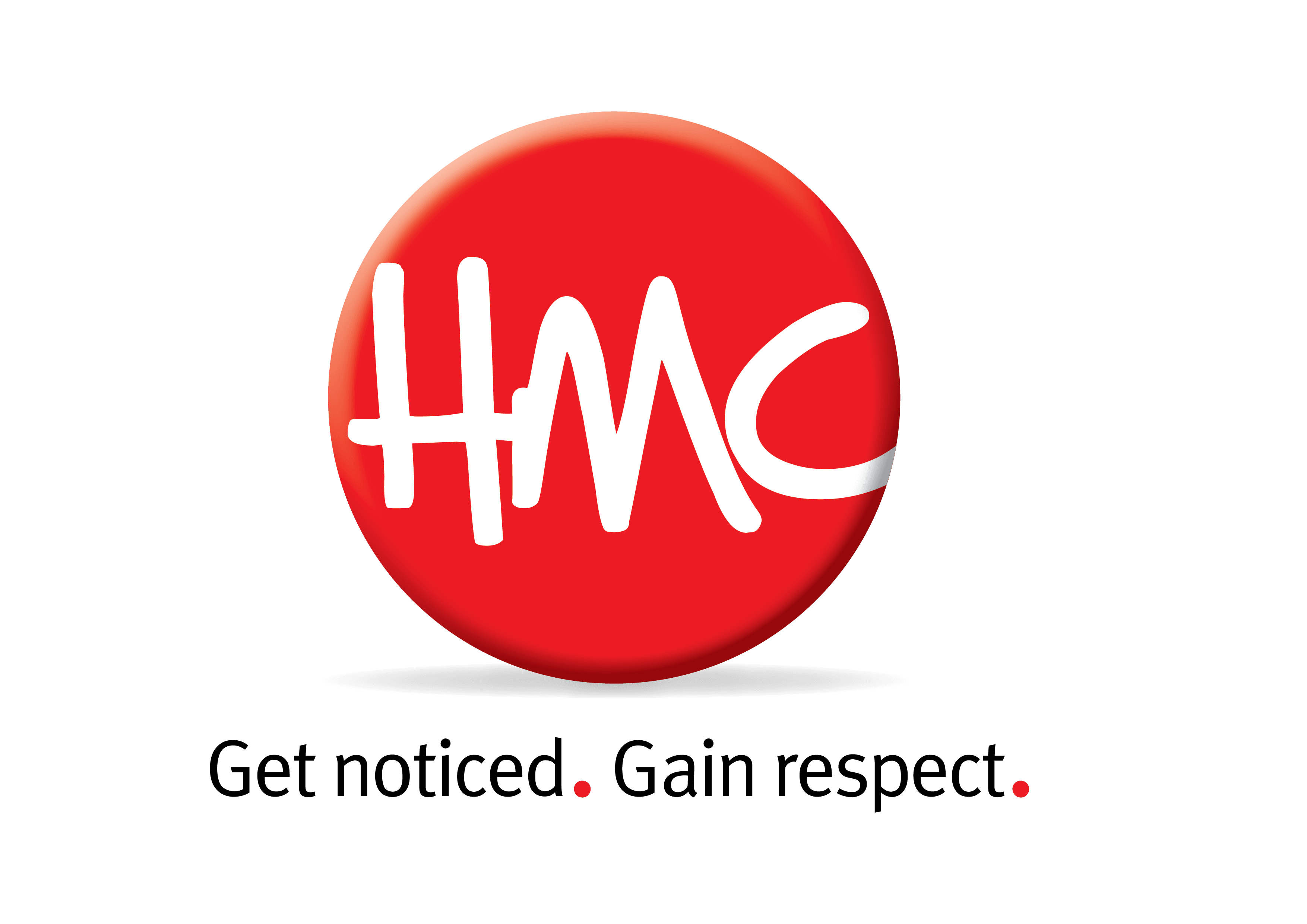“Build your personal brand” is something you’ll hear a lot in the US. In New Zealand, not so much. Over there, everyone wants to be seen as somebody, whereas Kiwis gladly avoid the limelight, preferring to let their work do the talking.
But in business, personal branding may now be a necessary tool for success.
What exactly is personal branding?
When your name is mentioned and you’re not in the room, what is it that people say and think about you? Whatever the sum of those mental associations, that is your personal brand. If most of those sentiments are good, your brand is strong and people will seek you out, especially in business. If the thoughts are unflattering or inconsequential, they won’t.
Good News: you can build a personal brand
In many ways, a personal brand is like a business brand in that it can be grown and shaped with strategic intent. Two people who know about both are business owners Heather Claycomb of award-winning PR firm HMC, and Jeremy O’Rorke of Lodge Real Estate.
For Heather, building a personal brand starts with having a plan.
“Building a personal brand takes time and consistency. The first task is being clear about the things you want attached to your name. What do you want to be known for? In what areas can you be an expert? Once you have these things outlined, you then need a long-term plan for doing and saying the right things repeatedly.”
For Jeremy, consistency needs to be paired with competency.
“When you’re building a personal brand, you must consider the things you are comfortably great at. You can’t be a 9-out-of-10 at everything, so focus on the areas that you can frequently excel at.”
Start small, then expand
The temptation for many is ‘go big’ early, to take on big topics and big projects in the hope of building their brands quickly. In Heather’s experience, it rarely works.
“We’ve all seen people on LINKEDIN trying to be too big, too soon. They focus on an area they have no expertise in, which only undermines their credibility once people do some research. You’ve got to be authentic. Start small in the space you’re good at, then grow out from there.”
Jeremy agrees and cites the narrow beginnings of one of Hamilton’s most successful real estate agents as an example of how to build a personal brand.
“Shaun Cosgrave is one of the city’s most recognised agents and sells property all over. But when Shaun started out, he focused solely on being famous in Glenview. He owned that market first, then spread from there. It’s like throwing out a handful of grass seeds. It’s better to concentrate the seeds in a small area at your feet, than scatter the handful over the entire lawn.”
Trust is everything
Advertising guru David Ogilvy once said. “Good marketing only makes a bad product fail faster”. That’s also true of people. Even if excellent brand reach and recognition can be achieved, what has a person gained if others quickly discover they cannot be trusted?
For Jeremy, trust is the foundation of all business relationships, and the key to building trust is proven performance.
“Consistent performance is how you get a great brand reputation. As hard as you work to develop your profile, work harder on delivering on your promises. That’s what builds trust, and leaders who possess that reputation create more opportunities for themselves. People want to talk to you; they want your opinion on what’s going on in the market. They want to involve you in their decision-making and transactions because they trust you.”
Become a Thought Leader
Every business sphere has people who others look to for insights and advice. These are the thought leaders. Becoming a thought leader is an excellent way to develop a personal brand, but as Heather explains, you have to earn the right to be recognised as such.
“Not everyone can be a thought leader. If you’re not a great thinker or speaker or reader, it will be hard. Even if you have those building blocks, you’ll still need a development plan and a willingness to roll up your sleeves. It takes work.
“Thought leadership is more important today than it was 10 years ago, because people are going online to find answers to their questions. What you want is to be the person with the best answers. To have that content, you need to be hungry to learn what’s happening in your industry. Networking with other leaders is crucial. So is ongoing your research.”
For those willing to put in the unavoidable time and effort, Jeremy is adamant about the payoff.
“People flock to experts because experts are the ones with credible information. People also gravitate towards innovative thinking. But you can’t be the one to offer original ideas until you’ve spent time thinking deeply about your industry. When you make time to look and ask insightful questions, you’ll discover gaps in the market, or you’ll see how the market is starting to change. Then you’ll really have compelling things to say. You can build a personal brand on that!”
Give back to the community
While the point of developing a personal brand is to expand your business, think beyond the borders of your corporate sector. Lead and contribute in other circles. At kids’ sports. At school. In the community. Yes, these are good ways of networking and being seen to be a ‘great person’, but the best way of being known as a Good Egg is to first be one.
For Heather, this level of authenticity is non-negotiable.
“We often counsel our clients to find ways of being generous and giving back. When good character is joined to credible expertise, that’s pretty much an unstoppable personal brand. In the end, it comes down to cultivating deep relationships, and that only comes through trust.”

